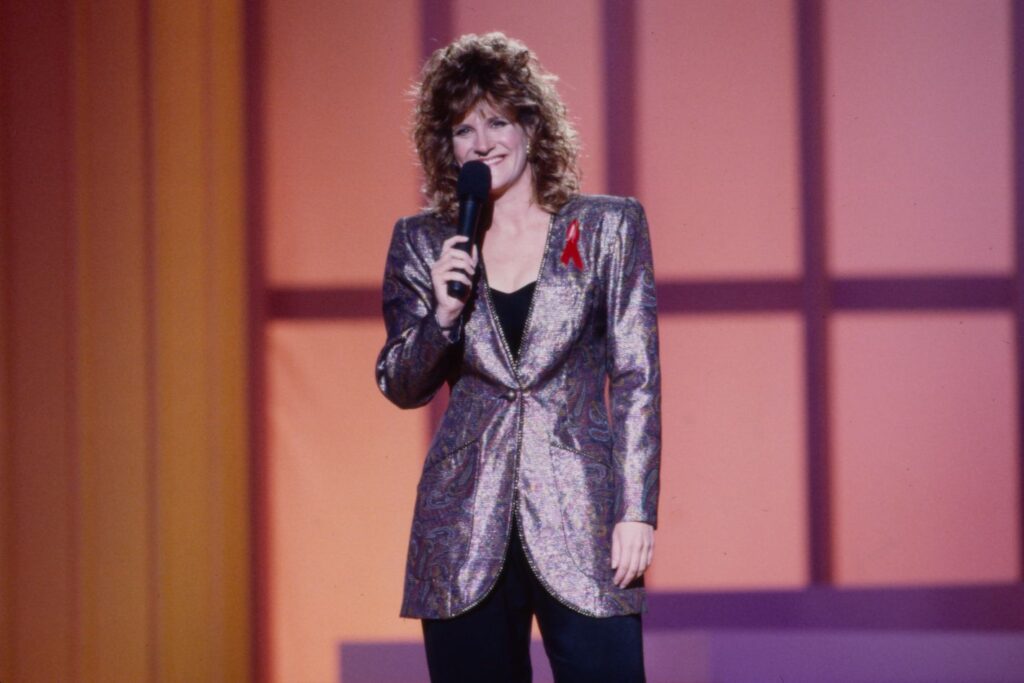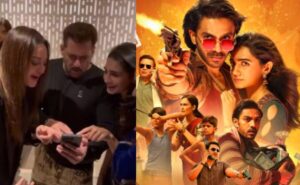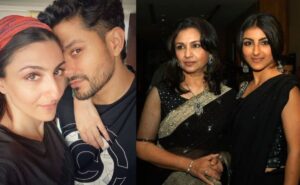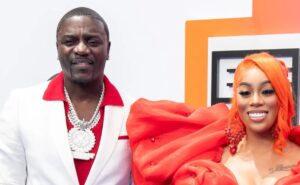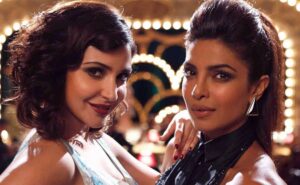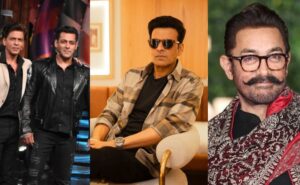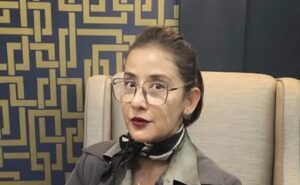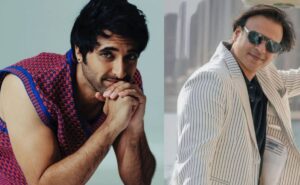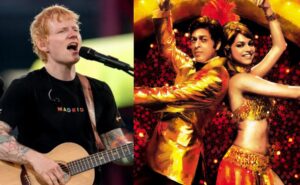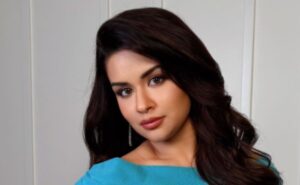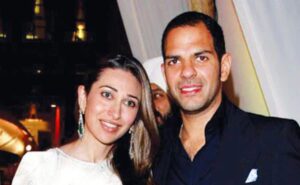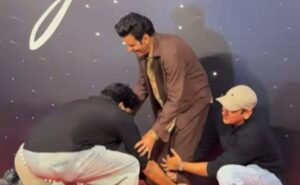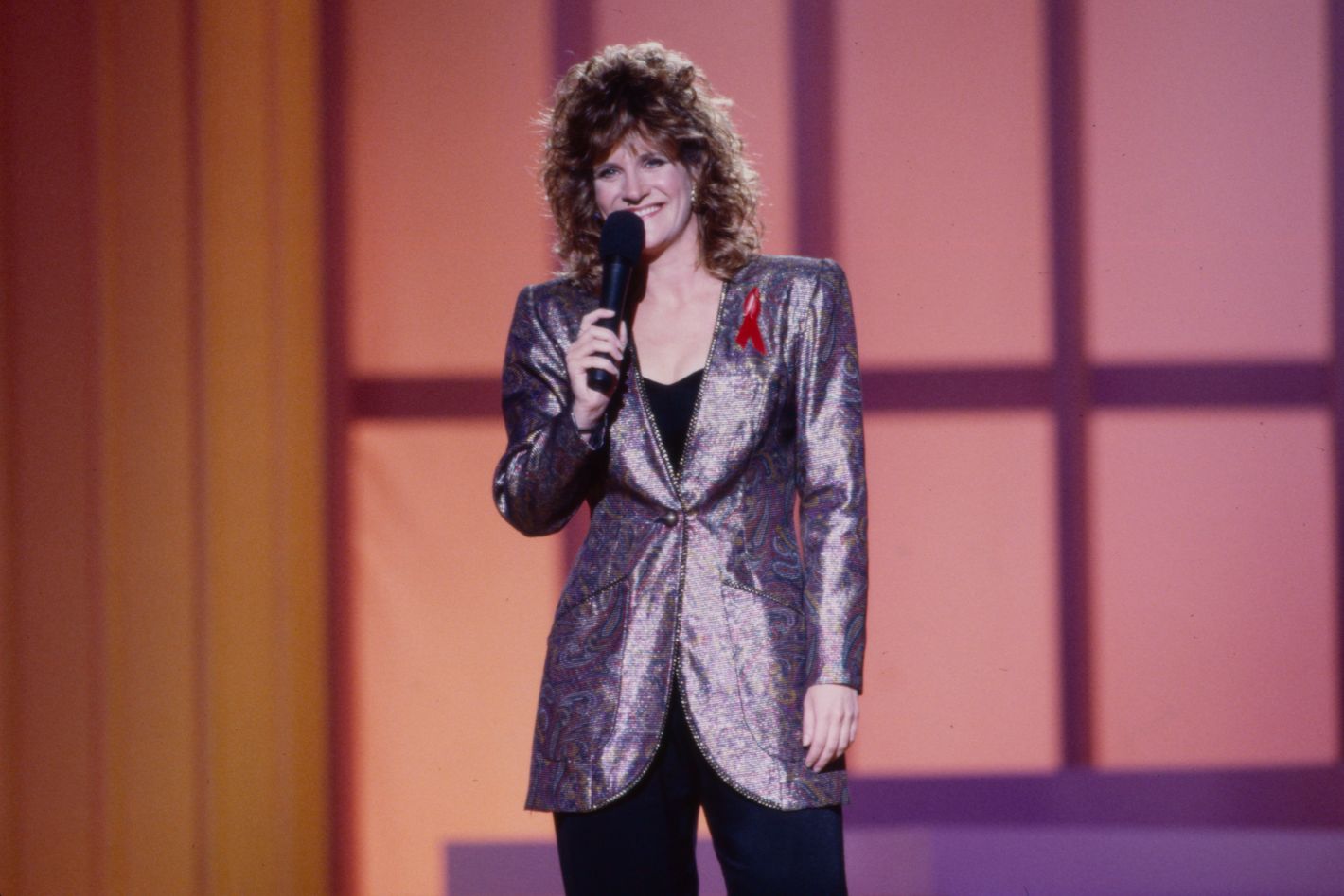
Carol Leifer has had a jam-packed comedy career for decades. She started out in the New York stand-up scene in the ’70s alongside Jerry Seinfeld and Larry David before transitioning into writing for Saturday Night Live’s 11th season in 1985. That season, often referred to as SNL’s “weird year,” is known for its bizarre mix of cast members (including Robert Downey Jr., Joan Cusack, Terry Sweeney, Dan Vitale, and Danitra Vance) yet formidable writing staff, including Leifer, Jack Handey, Simpsons legend John Swartzwelder, Robert Smigel, and Al Franken, whom Leifer credits as an early mentor.
Since her season on SNL, Leifer has continued to perform stand-up and amassed an impressive list of TV-writing credits on Seinfeld, Curb Your Enthusiasm, and Hacks, and she has written jokes for both the Oscars and the Emmy Awards. These experiences have informed several books, including her most recent one written with Rick Mitchell, How to Write a Funny Speech for a Wedding, Bar Mitzvah, Graduation & Every Other Event You Didn’t Want to Go to in the First Place. Those experiences also make her a fount of comedy anecdotes, from her thoughts on being referred to as Seinfeld’s “real Elaine” to channeling her own career challenges into the character of Deborah Vance on Hacks. “I know not only what it was like coming up, but what it’s like staying relevant and timely as an older person in the business in a world of millennials and Gen-Zers,” she says of the character. “That’s always a bit of a struggle, so in that way, I definitely can relate to her.”
I saw you attended some of the SNL 50 festivities. Did you get to reconnect with any writers or cast members from your season?
I saw a few people, a few writers. I saw Jon Lovitz. I was with Tom Gammill, who I wrote with on Seinfeld, and another writer from The Simpsons who wrote on SNL. I wish I could say it was celeb-heavy around my area, but it was mostly writers. I saw more of them when they did the documentary episode on my year; it’s called The Weird Year. We went to dinner: A. Whitney Brown, George Meyer, Jack Handey, Robert Smigel. So I see them around.
You’ve written for the Oscars 11 times, and you’ve known Conan O’Brien since at least the Late Night days. How was it collaborating with him versus previous hosts?
When I work on the Oscars, I’m normally on the show team, like I was this year. Conan has his own set of writers who write his stuff, and there are four writers who work on the presenters and that sort of thing. We rehearse, we print out a copy of the spiel to the presenters, and they go over it. There’s a writer on Conan’s team who came up with the joke about Kendrick Lamar at the Super Bowl. He said on his podcast, “That joke was mine.” That one slipped out. But the Academy doesn’t really like people talking about how the sausage is made.
I’ve written for Billy Crystal twice, and that was always terrific. What’s really thrilling is he has his team off to the side, so if something happens spontaneously, he’s always looking at everybody for a joke — you know, throw it at him, and the one he likes best wins. Then when Steve Martin and Alec Baldwin hosted, Steve had the writers up to his house in L.A. to write jokes. When I started out, Steve Martin was everything to me, and it was like a “pinch me” moment. I was in the joke meeting, actually at Steve Martin’s house, writing jokes. It was totally surreal.
I will say this about Conan: Before he went out, I went to his dressing room to wish him luck, and I’ve seen that look of fear with first-time hosts; you can just feel it. But he looked ready to go, and he said, “You know what? I just want to go out there and have fun.” And that’s exactly what he did.
Your awards-show experience uniquely credentials you to make a book about writing speeches, which you just did.
With writing for the Oscars, you’ve got to keep it tight, right? And honestly, doing stand-up every night is sort of like giving a speech. You’ve got a beginning, middle, and end, and you’re very aware of the audience.
I give a lot of speeches. I love giving speeches so much, because a lot of it is very cathartic for me. Especially at a memorial, I get out a lot of feelings that maybe I couldn’t by myself. I do a lot of corporate speaking, and that has been great for me in learning how to give a speech for an organization that I sometimes may know nothing about, but know how to approach it and make it interesting.
You just produced and wrote for Hacks, including the season-three episode “One Day.” How did you end up getting the gig?
When I was at Hacks, I loved it, but I was 20 to 30 years older than most of the writers. I felt like I could really speak to a lot of Deborah Vance’s experience from being a comic who came up in the ’80s. “One Day” developed from my talking about how, at my age, I think about, like, Well, I’d still like to have a little part in a Broadway show one day. But “one day” is now; if you don’t do it now, the clock is ticking. A younger person is not as aware of that feeling, because they have way more ahead of them than someone at my age.
So the showrunners were specifically looking for someone who had a background like Deborah’s that could inform her story lines?
Yes. They first invited me to do a couple of weeks called “blue skying,” where you come up with ideas. So I think my experience was a huge advantage, and then they invited me to be a full-time writer on the show.
I’m blurring which season it was, but at one point, Deborah goes on the road and performs in clubs and sees old peers. Were you contributing during that era of the show?
I think I was, yes. I remember I told them this story about perfumes — I am a bit of a maniac with my perfume. I heard they were discontinuing it, so my wife and I went to every outlet to find every last bottle of it. They said that helped them develop Deborah Vance’s perfume, Black Pashmina.
You’ve been referred to as “the real Elaine” thanks to Elaine Benes on Seinfeld being at least partially based on you. At this point in your life, who do you see as more of your onscreen doppelgänger: Elaine or Deborah Vance?
The Elaine thing is a bit overblown. I dated Jerry, and then we have stayed friends for many years. That’s where the Elaine comparison ends. I like to think I’m a good dancer. I don’t push people across the room saying, “Get out!”
When I started working on Hacks, I told Jean Smart that I’d never seen an actor be a believable stand-up; there’s always something you can feel that’s off. And she really sells being a stand-up comic. I think I relate to her a little more only because she’s of my generation, and I know not only what it was like coming up, but what it’s like staying relevant and timely as an older person in the business in a world of millennials and Gen-Zers. That’s always a bit of a struggle, so in that way, I definitely can relate to her.
You were one of the most important Seinfeld writers, and you’ve talked about how “The Lip Reader” and other plotlines came from your personal experience. But the final stamp was always Jerry and Larry David.
Yes, right.
Were there other story lines that you pitched that weren’t used?
There was one that I pitched — probably the later season, the last season I was there — that I thought would maybe get in the pipeline, which was when I had started wearing a fanny pack. I would go out and I’d have a T-shirt over it, and I noticed people being very solicitous to me in a nice way, like, “Oh, after you,” or “No, please take my seat.” And it dawned on me a week or so later, They think I’m pregnant because of the fanny pack. That is the kind of idea that Larry would like, but we just never got to do it.
You’ve known Larry David since you were starting out in comedy clubs. How has he changed or not changed over the course of 40-plus years?
He has not changed at all. I mean, people have talked about him as a stand-up comic where, if he went on at 8:20 at the Improv and you went on at 8:40, you would be there at 8:20 because he could walk off at any time. He’d be offended by somebody in the audience, by some little thing. He’s really the same, and he’s brilliant at focusing on the minutiae of life, things that are funny. The first time I pitched to him and Jeff Schaffer, I was talking about how when a comedian is out with regular people and you say a joke, and they go, “ba-dum-bum,” you want to strangle them. He was like, “I love that idea!” He used it somewhere in the show. He just loves the smallest little thing ever.
You’ve called David Letterman a mentor and were on his show a lot. How did you meet him?
It was funny — I was in the 1980 New York Laugh Off, which was a competition they had back then. It was a very big deal to get in it. Showtime shot it at the Copacabana. The big joke off of that was Eddie Murphy came in fifth, and I came in fourth. David Letterman saw a tape of that show, he recommended me to The Tonight Show right after that, and they passed on me. So when he got his show, he just put me right on. I hadn’t even met him before I did his show.
Your “Fantasy” sketch from the Tom Hanks SNL episode from 1985 is probably one of the highlights of season 11. And it’s an important sketch since that episode obviously starts Tom’s relationship with the show.
Thank you! Other hosts like Chevy Chase had read it and it didn’t make it into the show. So we were happy that it got made for Tom’s episode!
You appeared in a couple sketches throughout that season.
It would literally be, that night, “We need someone to be in this scene,” or whatever — just going right to hair and makeup then going on.
One of your first onscreen appearances was in Desperately Seeking Susan, which stars season-11 SNL host Madonna. Did you interact with her during either experience?
I interacted with her when she hosted the show — if you call “interacting” seeing how a star of her magnitude acts around people. I really remember very clearly when she was in a crowd of people — writers or whatever — she’d keep her eyes down, because everybody was waiting to lock eyes with her. I’m sure as a celeb like that, that’s a coping mechanism that you pick up.
You wrote for Danitra Vance that season, including “That Black Girl.” Had you known her before then?
No, I had just met her! I don’t think she got enough sketches, so I was always happy to get a sketch on with her.
You’ve noted that you weren’t in Lorne’s “club,” and that obviously colored your experience at the show. After you wrote your memoir, did you ever hear from him at all?
I saw him in a restaurant in L.A. I ran into him and said, “I wrote a book. I talk about SNL. There’s nothing in it that you’ll cringe at, and I’m going to send you a copy.” And I did!
And did you hear back?
No. [Laughs.]
Related
She wrote on SNL’s weirdest season, dozens of Seinfeld episodes, and the Conan-hosted Oscars. She’s got stories.

